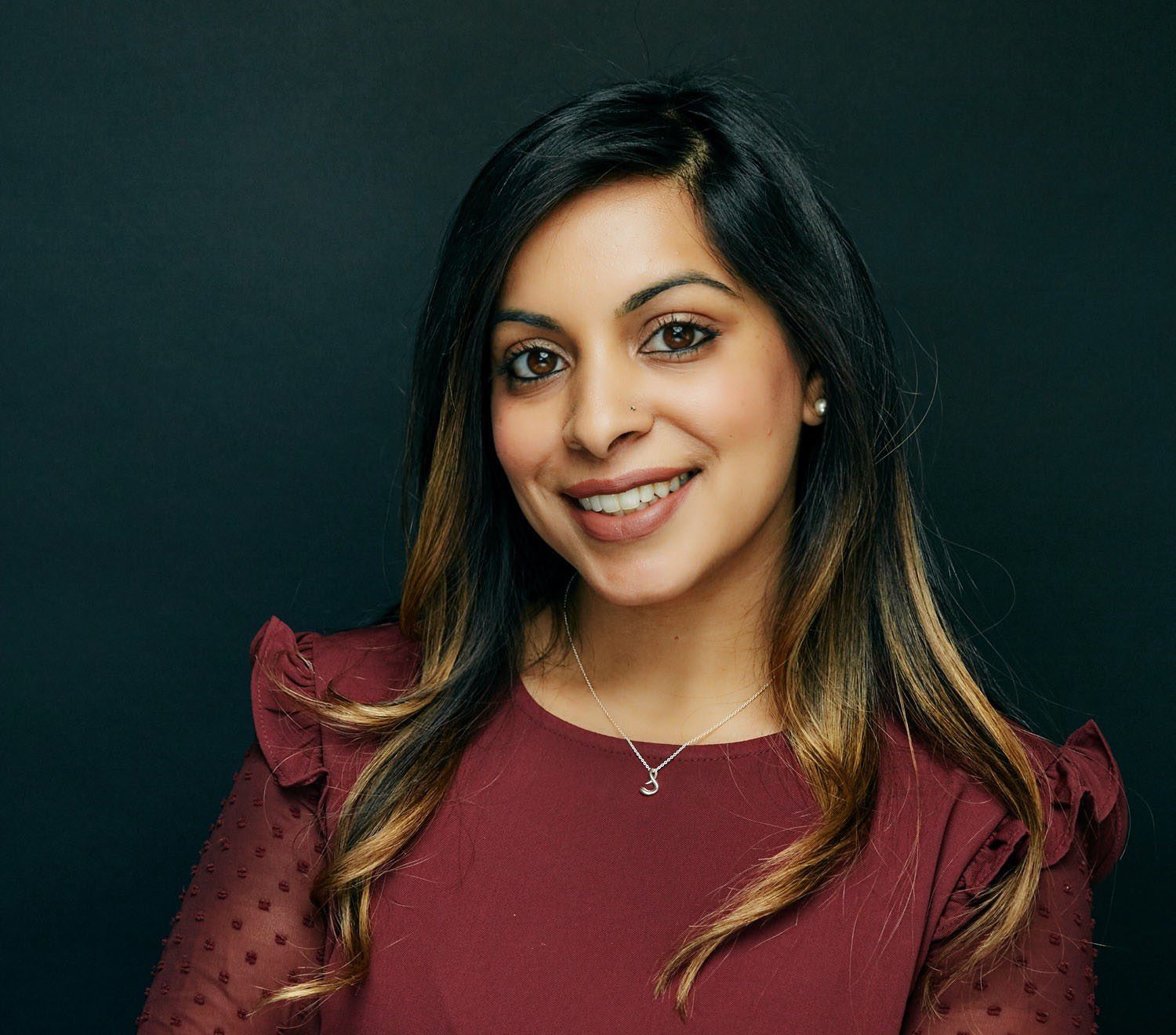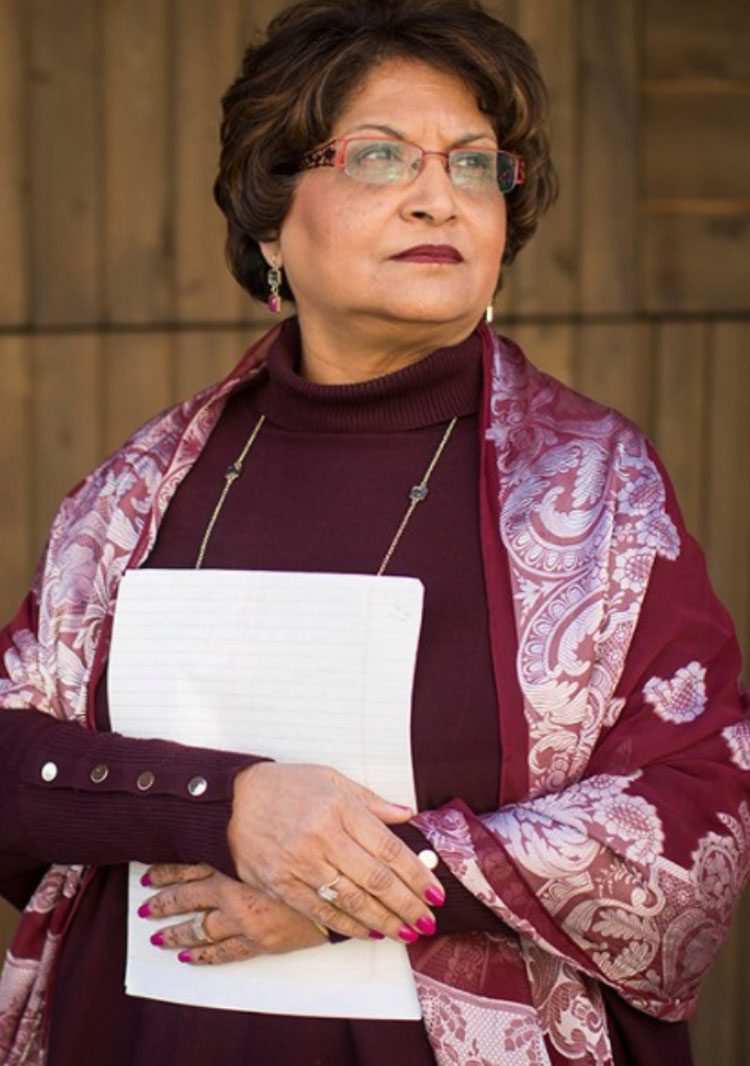Sheliza Jamal is a Master’s candidate at the Harvard Graduate School of Education, specializing in the Arts in Education. Before Harvard, she had accrued over ten years of teaching experience, both internationally and in Canada, with a special interest in the Theater of the Oppressed pedagogy. Sheliza has been working at The Mittal Institute for the past year as the communications intern.
This blog is part of a series about Harvard students who have done research related to South Asia at Harvard.
By Sheliza Jamal, HGSE ‘18
Last semester, I took an Ethnic Studies course taught by Christina “V” Villarreal, where we critically analyzed the master narrative of American history. In this course, we learned about counter-narratives, which include the histories of African Americans, Mexicans and Indigenous people of America. I had always longed to read these counter-narratives as well as my own lived experience in history books; however, throughout my life, I have found my own history left out.
I sought to change this historical erasure by conducting an ethnographic study aimed at illuminating identities within the South Asian diaspora created by migration. I was inspired to explore the topic of inter-generational experiences of people from the South Asian diaspora because of my personal experience growing up as an East African, Indian, Canadian and Muslim in Coquitlam, British Columbia. Both my parents were born and raised in East Africa. My father’s family fled Uganda in the 70s during Idi Amin’s mass expulsion of Asian-Africans.
As a third-generation Indian, I often feel a dissonance between the four identities that I hold. One of the reasons I applied to the internship with the Mittal Institute was to feel a sense of belonging and connection to South Asia. My personal interest in identity and belonging sparked my investigation of a heterogeneous South Asian identity within the North American framework.
As part of my research project, I created a photo gallery called Photo IDX. The aim was to foster critical thinking, literacy and community building through a series of eight interviews with individuals from various age groups and countries such as Canada, the USA, the UK, Guyana, Pakistan, Bangladesh, Sri Lanka and India. The exhibit highlights stories of identity, culture, family and community. The focus of the project was South Asians’ migration and how this affects their cultural identity.
Initial questions made participants speak about “home” and share how they identify culturally. The accompanying photo gallery of participants created another opportunity for expression of identity. My project highlights the plurality of identities in South Asia and problematizes the assumption that there is a homogenous South Asian. Additionally, the personal stories serve as a counter-narrative to the popular narratives of American history as well as Asian-American history.
Many of the individuals that I interviewed lean towards assimilation with the countries where they currently reside and reported that they did not feel as though they suffer from a distorted identity due to this migration; rather, they appear to accept a state of fluidity. I found an inter-generational discrepancy in this regard, where young adults described experiencing an identity crisis at one point in their upbringing. Many participants noted that prior to our interview, no one ever asked them to discuss their cultural identity in depth and as a result, they enjoyed the opportunity to share their lived experiences. For me, this project has been a springboard for continued conversation about race, identity and belonging and the debate between assimilation and cultural preservation.
Pictured below are two participants from my Photo IDX Gallery.
“People constantly ask me where I am from. I feel like it is a mixed identity as I don’t completely fit in with Canadian, Indian or Kenyan. Sometimes, identity is not clear-cut.” – Yasmin Jamal, Gujarati, Kenyan, Canadian
“The language was lost as a result of the British running the country, everything was in English. We are Indians with a combination of other cultures; we have a hybrid culture. Oftentimes, Indians will say, “You don’t have an identity – it’s stolen and mismatched.” I would say I am Caribbean, I am all of it.” – Dr. Sean Abdulla, Guyanese-Canadian



